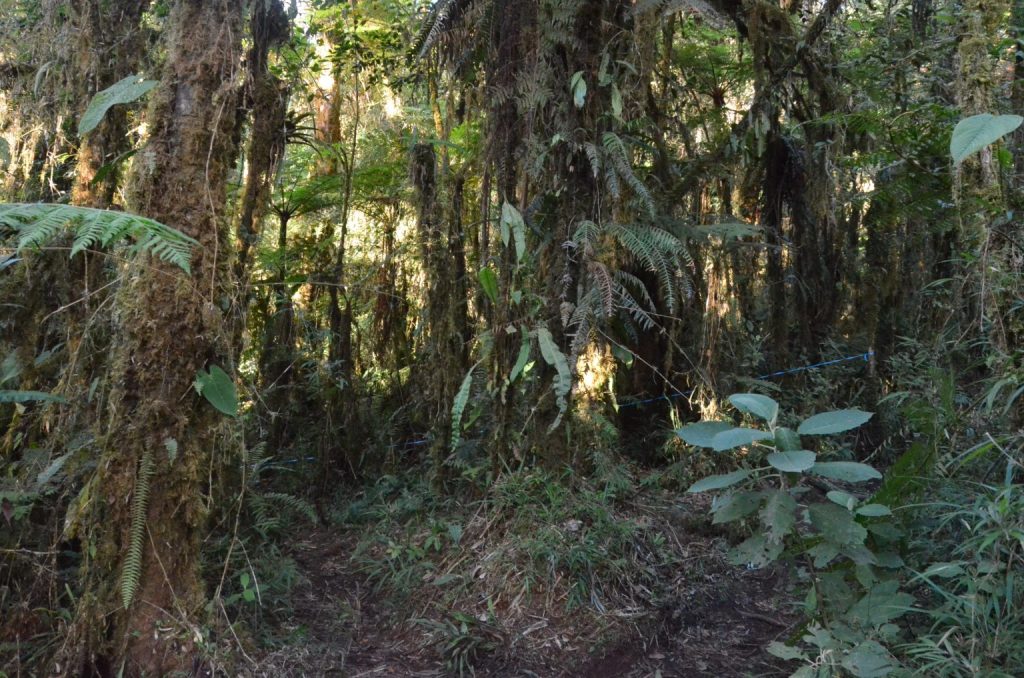Andes-Amazon trees fail to keep up with climate change
New research led by Sabin Center scholars reveals that tree communities across the Amazon and Andes are not adapting quickly enough to climate change. Lead Author William Farfan-Rios, a Sabin Center Fellow, underscores the study’s implications: “The result is a growing climatic debt that threatens the integrity and functioning of the most diverse forests on Earth.”
A growing climatic debt that threatens the integrity and functioning of the most diverse forests on Earth.
Lead Author William Farfan-Rios
The paper, “Amazonian and Andean tree communities are not tracking current climate warming,” was published by PNAS, and represents the work of a global team of researchers. To reach their findings, the team analyzed over 40 years of monitoring data across 66,000 trees, 2,500 species, and 66 long-term forest plots along the Amazon-to-Andes elevational transects in Peru and Bolivia.

This data set is critical to their findings, notes co-author and Sabin Center Founding Director Miles Silman: “You have to be there for long periods of time to understand how these forests change. What we found is that forests are changing, but they’re not changing in the ways that make them resilient to climate change.”
And that’s a problem for our world. These tropical forests represent Earth’s highest concentration of biodiversity and are essential to planetary climate regulation. If they can’t adapt to a warming planet, risks of ecosystem collapse increase.
Read more about the team’s findings.
The paper, “Amazonian and Andean tree communities are not tracking current climate warming,” was authored by a global team of more than 20 scientists representing institutions across the Americas and Europe, including Wake Forest University, the University of Miami, Oxford University, Washington University in St. Louis, the University of Leeds and the Missouri Botanical Garden.

